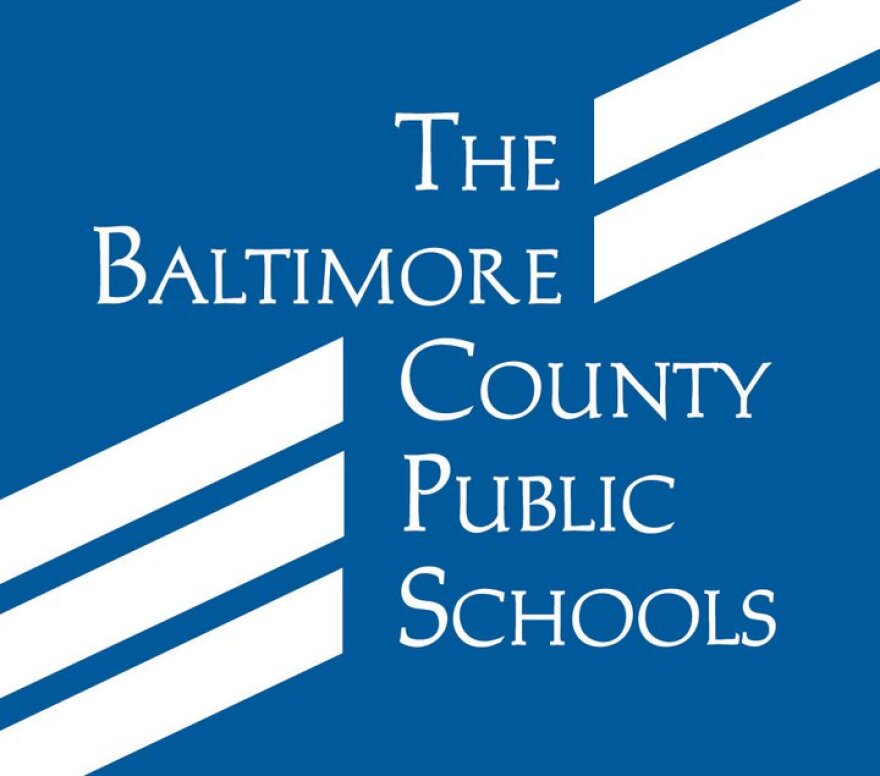The COVID-19 pandemic is making clear the divide between the rich and the poor students in Baltimore County schools, according to members of the school board.
Closing that divide may be made more difficult because the board itself is divided and distracted.
School board member Cheryl Pasteur said the board has not been focused on those children most at risk, especially now while they are distance learning.
Pasteur asked, “What do we think is happening to those children while they are out of school?”
Earlier this month, the board did agree to form an equity committee. Board member Moalie Jose said the idea was first brought up more than one year ago, but at the time was dismissed.
“So what does it say about us as a board? Where is our direction?” Jose asked.
Board chairwoman Kathleen Causey said it didn’t happen then because the board was busy looking for a new superintendent, who then needed some time to get adjusted to his new job.
“So for everything there is a season, and it was clear at this point that the time was now,” Causey said.
Franklin High School Principal Pat McCusker told the school board recently that the Reisterstown school serves as a microcosm for county schools.
He said many students at Franklin High have all they need at home to fully participate in online learning. They have devices and Wi-Fi.
But some of his other students don’t have what they need. McCusker said 46 students requested assignments on paper because they could not get online.
“34 of those students are black,” McCusker said. “So while our student population is 44 percent black, 74 percent of the requests for paper materials are from black students.”
Jose said the disparity is rooted in institutional racism in this country.
“I think in order to address it, it has to be brought to the table,” Jose said. “And it might be uncomfortable to address it but until we address it we won’t be able to solve it.”
As the school board grapples with equity, it is politically divided according to Jose. Seven members of the 12 member board are elected. Jose said some of those elected members are focused on their constituents, rather than the children in greatest need.
Abby Beytin, the former president of the county teachers union, agreed the board is divided. Beyton said board members need to be looking out for all students, from Lansdowne, to Middle River to Cockeysville.
“Because it’s not ok if a student going to school in one school has every bell and whistle at home, and a student in another school is lucky if they even get a meal at home,” Beytin said.
Causey said she believes the partially-elected board is the best of both worlds. She said elected members are engaged in their communities, while the at-large appointments can be used to make sure the board is diverse.
“In terms of gender, or occupation or geographic area,” Causey said.
The divided board was put on display in December. Pasteur challenged Causey for board chair. Pasteur lost the election in a split vote.
Pasteur said she will not challenge Causey again before the next scheduled vote in December, saying the school board does not need the distraction during this pandemic.
“All I want us to do is to stay focused on children,” Pasteur said.
Causey said she does not believe the board is divided.
“We can look to the motion just recently to establish an equity committee, where that vote was unanimous,” Causey said.
Board member Makeda Scott chairs the new equity committee. She said COVID-19 is expanding its mission, for instance, helping children who live in an area with high rates of sickness and death deal with the social and emotional trauma.
“What impact is that going to have on these children in returning to school?” Scott asked.
Meanwhile, the pre-pandemic equity issues such as race, wealth, and disability haven’t gone anywhere.




